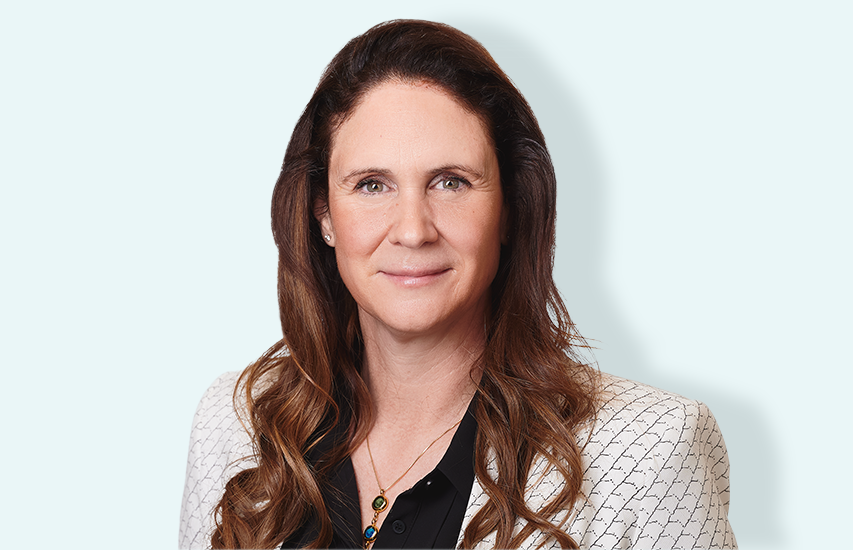The recent outbreak of a novel coronavirus strain, COVID-19, may be causing concern for employers and employees alike. Cases have been confirmed in 28 countries, but none in New Zealand as at the date of this article. While it may be business as usual at present, if (or when) New Zealand is added to the list of countries affected, what can we do to protect ourselves and our workplaces?
What does the risk of outbreak mean for employers?
While New Zealand appears to be infection-free for now, workplaces should have contingency plans in place for the unlikely event that COVID-19 reaches our shores. This is also a good time to review workplace Health and Safety Policies, and relevant provisions in employment agreements.
Employers have a duty of care to eliminate or minimise risks to health and safety in the workplace as far as reasonably practical. Workplaces can take proactive steps to protect employees' health by promoting good hygiene practices, for example by providing hand sanitiser in common spaces and encouraging hand-washing. Employers should also look into allowing flexible working arrangements for employees who may be affected by travel restrictions and/or quarantine measures, or simply to enable employees to reduce social contact.
Is this simply a case of taking sick leave?
Employees are entitled to a minimum of five days paid sick leave per year, and this can accrue up to twenty days. Sick leave can be taken in cases where the employee themselves are sick, or to care for a sick spouse or dependant. However, with the present outbreak, there will be situations where an employee is not actually sick but is at risk of sickness due to potential exposure, in which case, according to Ministry of Health guidelines, they should be under a voluntary two-week quarantine. It may not be lawful to require an employee to use their sick leave entitlement in these circumstances.
What are the options?
An employee is entitled to be paid if they are ready, willing and able to work. It may be difficult to argue therefore that a healthy employee, who has quarantined themselves voluntarily, is not entitled to be paid. Employers should also be careful not to put other workers at risk by causing an employee who should be under quarantine to return to work in fear of missing pay.
However, employees, and indeed all New Zealanders, should be active in complying with the recommendations by the Ministry and the World Health Organisation to protect themselves and others from getting sick. Employees also have their own health and safety obligations and should cooperate with their employers to ensure the risk of infection in the workplace is minimised, which may require flexibility or temporary changes to working arrangements.
Employers should first look into whether an affected employee can work from home. If this is not feasible an employer could try and negotiate the taking of sick leave, annual leave or some form of "special leave" with the employee. Any arrangements of this sort must be made with the employee's agreement and cannot be imposed. However, if agreement cannot be reached and the employer requires the employee to stay home, they must be paid if they were ready, willing and able to work.
In an extreme situation, an employee could also refuse to attend work if they believe there is a risk of getting sick. This fear would need to be reasonable, not too remote, and justified for the employee to be paid despite their refusal.
If you are concerned about the impact that COVID-19 coronavirus may have on your workplace, please don't hesitate to get in contact with our employment team.
